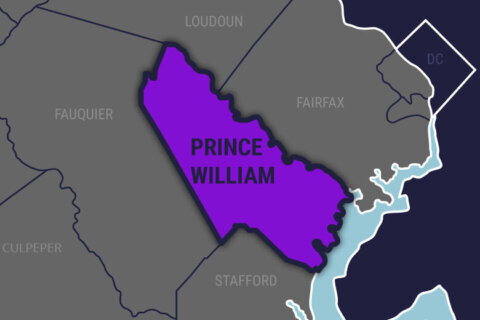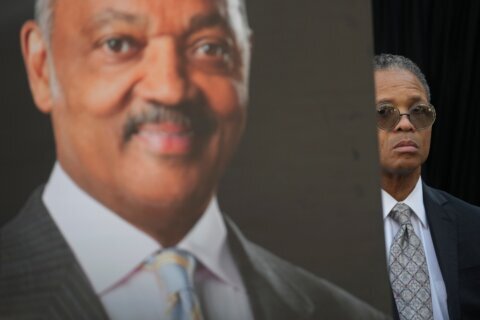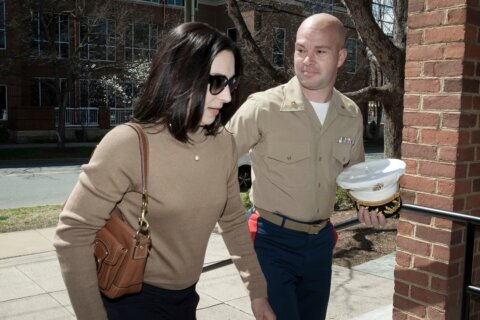WASHINGTON — The news on Tuesday of the suicide of a Manassas, Virginia detective as police were coming to arrest him on child-sex charges was unsettling — even more so because David Abbott was a hockey coach and worked on a regional task force to protect children from Internet crimes.
Mary Leary, a professor at the Catholic University Law School and former deputy director for the Office of Legal Counsel at the National Center for Missing and Exploited Children, tells WTOP that predators often seek out positions of power, such as coach or police officer. It’s one of many jobs that gives them access to children, and it helps provide secrecy, too.
When people in trust could be the ones committing crimes against children, what can a parent do? What should they look for?
First, Leary emphasizes, just because predators seek access to kids, “the converse is not true — that coaches, teachers, police officers, etc., are therefore likely to be sexual offenders. Of course that’s not the situation.”
Second, she says, “The old adage ‘don’t talk to strangers’ is far from sufficient. What we know is that the vast majority of preferential sex offenders are known to the children.”
Leary says parents should keep several things in mind:
- Children need to be prepared to protect themselves from anybody. “What I like to tell parents is, every warning you would give your child about a stranger, remember to add onto the end of the sentence, ‘no matter who it is.’”
- Children also need to look for signs that they’re being groomed by a predator.
“Remind children they should never be alone in a room with an adult, whether it’s a person with authority over them or not,” Leary says. Anytime an adult says something that makes the child feel uncomfortable, it’s a hint, but even more dramatically, Leary says, “If ever an adult says ‘This should be our secret, a secret you shouldn’t share with your family,’ that should be a warning sign for a child, to be sure.”
- At the same time, Leary says, kids should be reminded to keep perspective: “There are bad people and there are really good people.”
- Most importantly of all, though, children need to know “that they are believed by their family, and their family or their guardians or their trusted adults will always keep them safe.”







